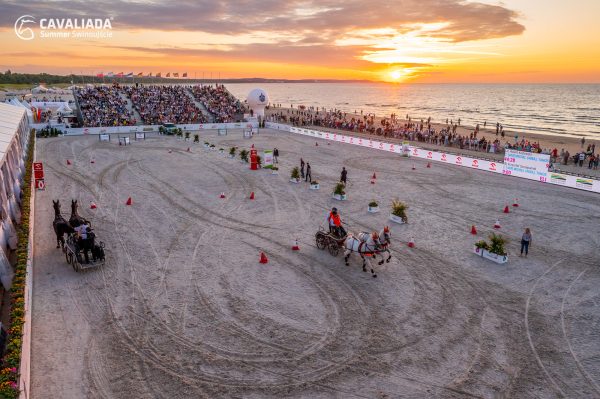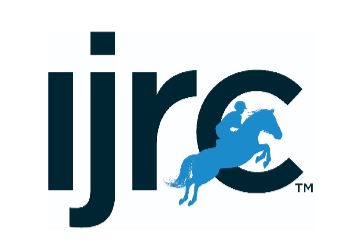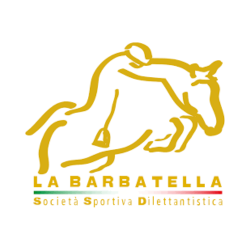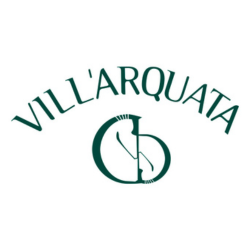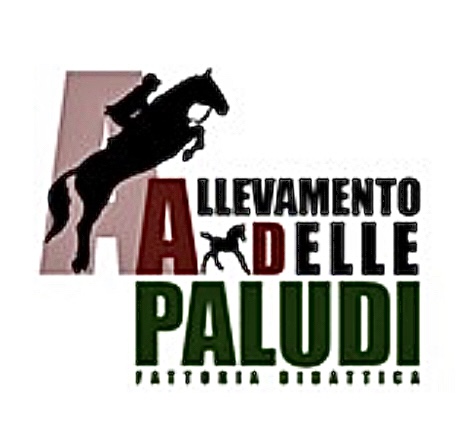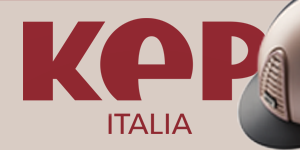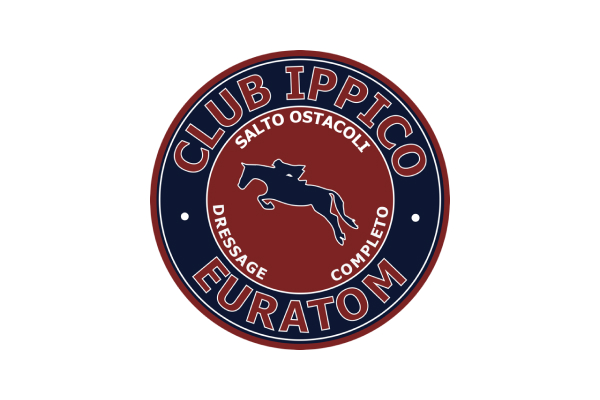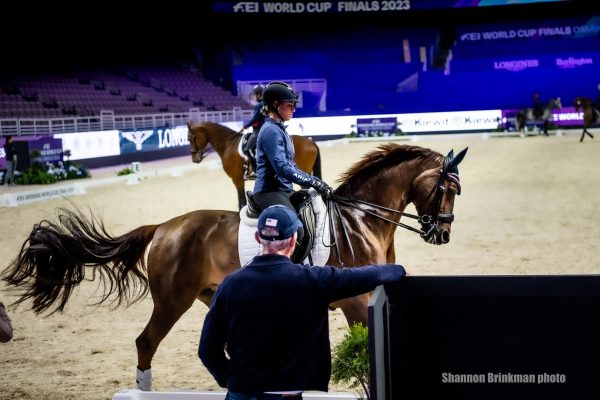
Veterinary Science: preventing colic.
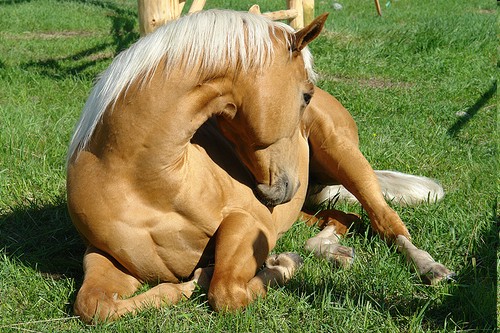
Those within the equestrian world (grooms, owners and riders etc.) know full well that colic is a situation that must be avoided. It is in fact one of the most common causes of death in horses and it can strike out of the blue and you need to be prepared to deal with it immediately. Luckily, there are a few tips that, if carried out properly, will avoid or at least drastically reduce the onset of colic over time. Here they are below:
1 – the first step is to make sure the horse always has fresh and clean water that is changed at least once a day in its box. This is because water consumption is essential for digestion, especially if the horse consumes large quantities of hay on a regular basis as the water helps break down the hay and ensures it doesn’t form a block in the horse’s stomach.
If you notice the drinking buckets to be dry or with a few inches of water, it means that the horse is not drinking enough and so the ideal solution is to install an automated drinking point so the water is readily available and always fresh whenever the horse needs. An added bonus is greatly reducing the work of the stable groom.Please note however that they need to be cleaned and checked for proper functioning regularly. Seeing as horses often have the habit of eating their straw bedding this means you should be even more careful to provide enough water to prevent intestinal blocking.
2- the second piece of advice concerns the management of the horse. The horse must go out every day as movement reduces the risk of colic, and if you cannot mount it, take care putting it out to the paddock, and find an agreement with the manager of the stables so that it can get some necessary exercise, but do not simply leave it in the box.
To continue, the horse is biologically designed to graze, so remember that spending lots of time in the box without moving is against its nature and what is against its nature will cause damage. Exercise after meals is advised providing that it does not lead to sweating so as not to interfere with the digestion phase. So, take the horse for a walk or leave it in the paddock.
The highest incidents of colic occur in the stables where horses are kept in the horse-box rather than those which are left in the paddock, because in the latter cases the horses have the chance to move about freely and constantly.
3- diet. Varying the type or amount of food too quickly can lead to bouts of colic, so you should contact a nutritionist who will indicate the correct food to work ratio. If you want to move your horse from the horse-box to the paddock, then do so gradually. Remember that if your horse is not used to grazing, it will overdo it and it will lead to stomach aches.
4- vermifuge. Intestinal worms can cause colic, so it is a good idea to submit your horse to periodic deworming, but please consult your trusted veterinary doctor beforehand.
5- when moving the horse into a new structure, always evaluate various features of the center where you want to register it. Avoid riding centers for instance that leave horses for large spells in the horse-box, favour ones with water dispensers etc.
6- do not remove a horse that is still sweaty from its horse-box. In the winter, but especially in the spring with the constantly changing temperatures, take care that the horse is dry before removing it from the box. With these tips, you can avoid problems, trips to the vet and your horse will be eternally grateful.
photo horse-games




.jpg)
.png)
